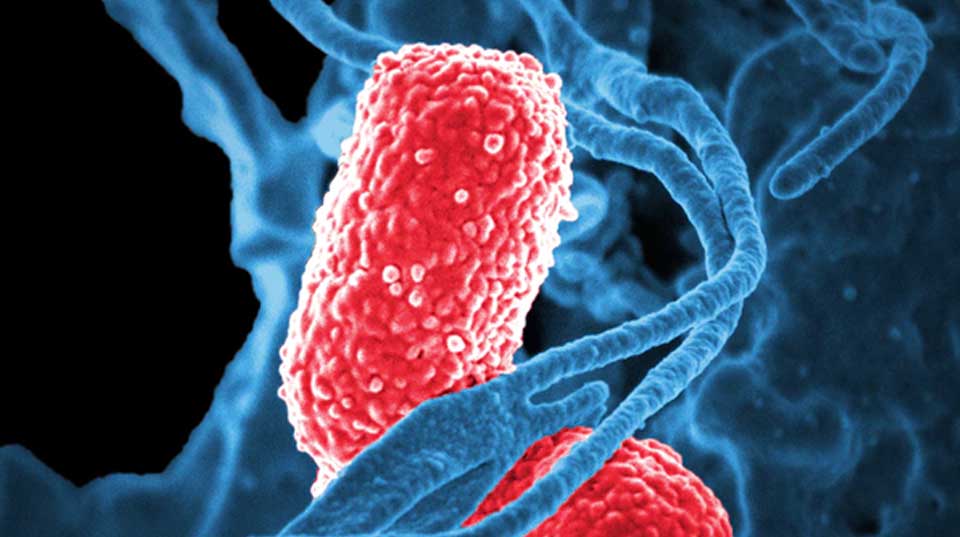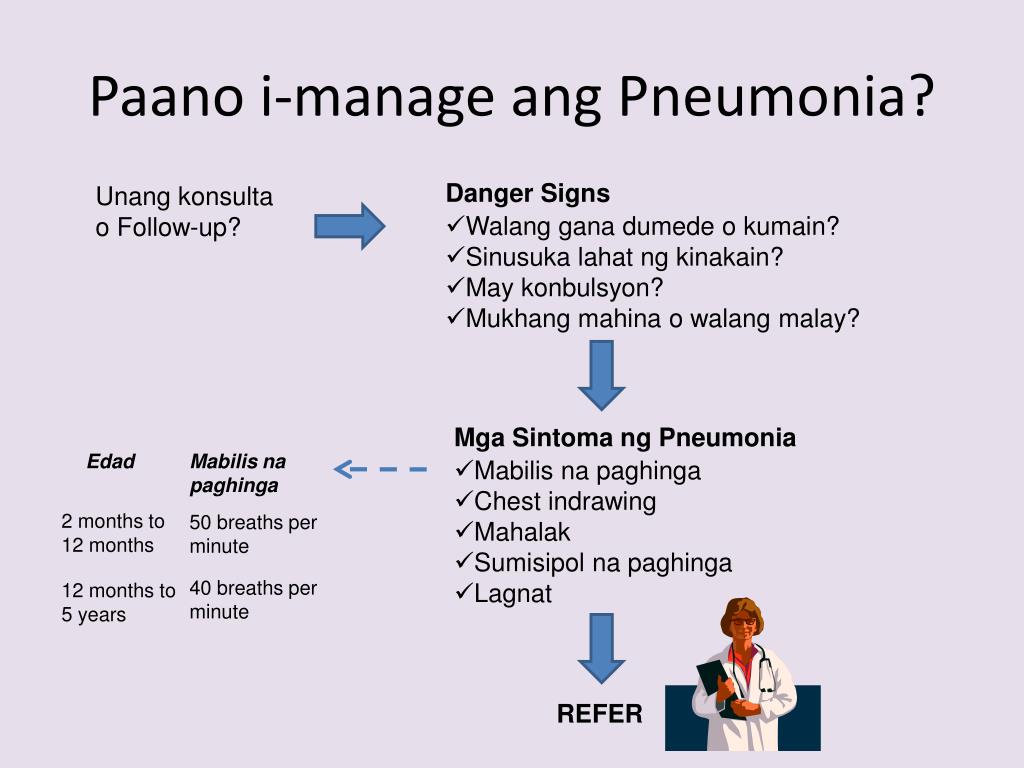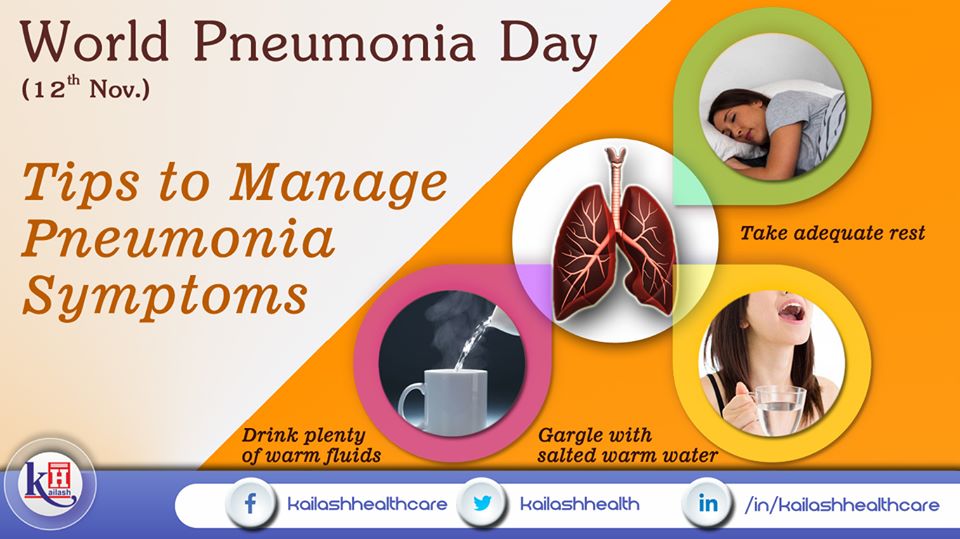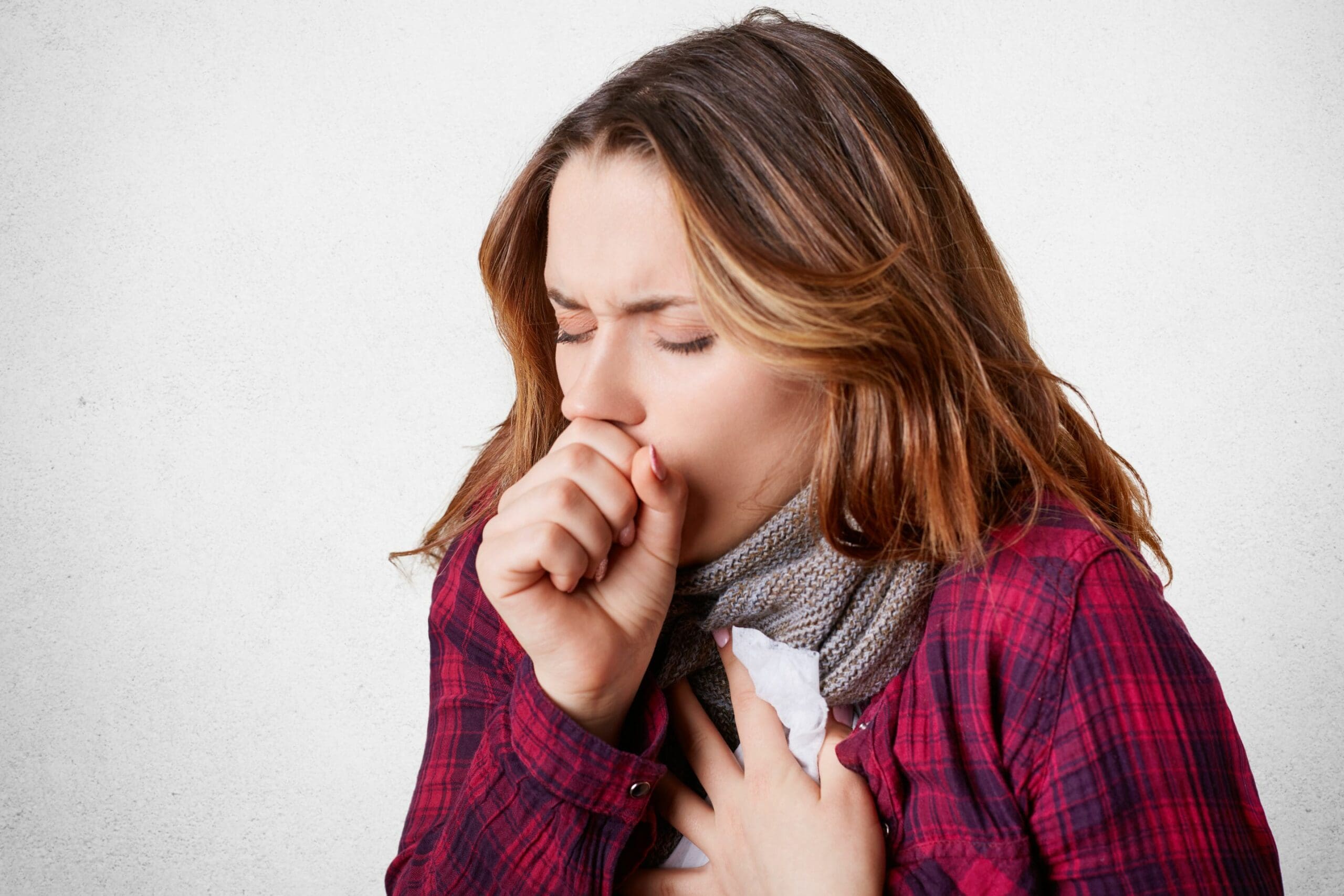Exemplary Info About How To Manage Pneumonia

Avoid people who are ill.
How to manage pneumonia. Pneumonia is a lung infection that’s caused by bacteria, viruses, or fungi. Iv fluids if appropriate (fever / excess fluid loss / acute kidney injury / sirs ≥2 ). If you develop pneumonia while in hospital.
It aims to improve accurate assessment and diagnosis of pneumonia to help guide antibiotic prescribing and ensure that people receive the right treatment. However, you should take antibiotics as your doctor. However, you can lower your chances by taking good care of your medical problems, and quitting smoking.
Antibiotics may be prescribed for bacterial pneumonia. The four stages of pneumonia from early symptoms to recovery.
Prompt and adequate antimicrobial treatment is crucial for the best outcomes in critically ill patients with severe pneumonia, and is a key focus of international guidelines for the management of pneumonia. Medically reviewed by benjamin f. Pneumonia can be serious, and full recovery can take months.
Lower your risk of pneumonia. You are more likely to get pneumonia if you smoke or have underlying medical conditions, like diabetes or heart disease. Pneumonia is a form of acute respiratory infection that is most commonly caused by viruses or bacteria.
Pneumonia killed more than 808 000 children under the age of 5 in 2017, accounting for. Consider changing to appropriate antibiotic if specific organism identified. By shamard charles, md, mph.
Pneumonia is a common respiratory infection and warrants careful consideration of antibiotic initiation and choice, along with knowledge of local antibiotic resistance patterns. Most people begin to feel better after one to three days of antibiotic treatment. Management at home.
The goals of treatment are to cure the infection and prevent complications. What to expect after starting your antibiotics.
Sources of advice and support. Take any medications as prescribed by your doctor. By 6 months you should feel back to normal.
Medically reviewed by brian bezack, do. It is important to follow your treatment plan carefully until you are fully recovered. Management and prevention guidelines.









:max_bytes(150000):strip_icc()/Antibiotics-for-pneumonia-5185264_final-52e9a972caf0440084e5be858e1045c0.jpg)







